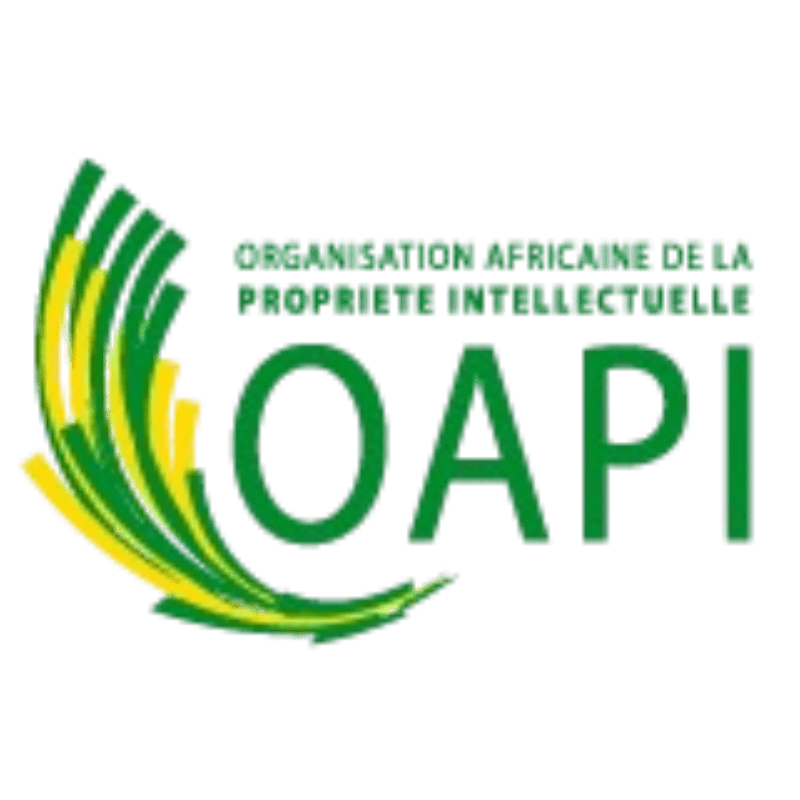

The Centre for Development of Intellectual Property and Research (CDIPR) is a premier institution established as India’s First Non-Governmental Research Organisation dedicated to Intellectual Property Rights (IPRs). Operating under the Naovina Development of Intellectual Property and Research Foundation as a registered Non-Governmental Organisation (NGO), CDIPR is dedicated to promoting and protecting Intellectual Property Rights (IPRs) within India, thereby fostering a conducive environment for innovation and creativity. In today’s rapidly evolving global landscape, intellectual property (IP) has emerged as a critical asset that drives economic growth, technological advancement and cultural development. Recognizing the immense value and potential of IP, the CDIPR was established. With a mission to promote and protect Intellectual Property Rights (IPRs) in India, CDIPR is dedicated to fostering innovation and safeguarding creativity across various sectors. The primary objective of CDIPR is to promote and protect Intellectual Property Rights (IPRs) within India, thereby fostering a conducive environment for innovation and creativity. As Bharat becomes a hub for innovation, it is imperative to have an institution dedicated to addressing the complexities and challenges associated with IP. CDIPR was conceived to bridge gaps in IP knowledge, enhance the capacity of stakeholders and advocate for policies that support and protect creators and innovators.
CDIPR’s mission is succinctly encapsulated in its motto, “Fostering Innovation, Protecting Creativity.” This mission reflects our commitment to nurturing a vibrant IP ecosystem where innovation can thrive and creative endeavours are safeguarded. We envision a future where Intellectual Property is recognized as a cornerstone of economic prosperity, technological progress, and cultural enrichment. Our vision extends to establishing CDIPR as a leading institution in the realm of IP, driving forward-thinking policies, research and education.
Our vision is to be a catalyst for the development and dissemination of Intellectual Property knowledge and practices, driving economic growth, social progress, and technological advancement. We envision a future where Intellectual Property is recognized as a cornerstone of prosperity, innovation and creativity.

CDIPR is driven by a set of core objectives that guide its activities and initiatives:
1. Promotion of Intellectual Property Rights (IPRs): To raise awareness and appreciation of Intellectual Property Rights among creators, innovators, entrepreneurs, policymakers and the general public. We aim to highlight the importance of IPRs in fostering innovation and protecting the rights of creators.
2. Registration and Promotion of Geographical Indications (GIs) and Other Intellectual Properties: To actively support the registration and promotion of Geographical Indications (GIs), trademarks, patents, copyrights and industrial designs. This includes providing guidance and resources to individuals and organisations in the process of registering and protecting their IPs. This shall also include the registration of the intellectual properties in the name of the Organisation/Centre.
3. Capacity Building: To enhance the capacity and capabilities of individuals and organisations to effectively leverage Intellectual Property for innovation, competitiveness and sustainable development. This includes offering education, training and skill-building initiatives to various stakeholders.
4. Research & Innovation: To conduct cutting-edge research in the field of Intellectual Property, generating insights and knowledge that inform policymaking, support industry growth and address emerging challenges and opportunities.
5. Advocacy & Policy Engagement: To engage in advocacy efforts that promote a conducive legal and regulatory environment for the protection and enforcement of Intellectual Property Rights. This includes advocating for reforms and initiatives that foster innovation, creativity and investment in Intellectual Property.
6. Collaboration & Networking: To foster collaborations and partnerships with national and international organisations, academic institutions, industry associations, government agencies and other stakeholders. By sharing best practices and knowledge, we aim to promote cooperation in the field of Intellectual Property.
7. Educational Initiatives: To develop and implement educational programs, workshops, seminars, certificate courses and conferences aimed at raising awareness and disseminating knowledge about Intellectual Property Rights. These initiatives target students, educators, researchers and professionals across various sectors.
8. Policy Research & Analysis: To undertake comprehensive policy research and analysis on Intellectual Property-related issues, identifying trends, challenges and opportunities. This research informs evidence-based policymaking and contributes to the development of a robust Intellectual Property ecosystem.
9. IP Enforcement Support: To provide support and assistance to rights holders in enforcing their Intellectual Property Rights. This includes assistance with enforcement actions, legal advice and advocacy for stronger enforcement mechanisms to combat infringement and counterfeiting.
10. Public Awareness Campaigns: To conduct public awareness campaigns and outreach activities aimed at raising awareness about the importance of Intellectual Property Rights, combating piracy and counterfeiting, and fostering a culture of respect for Intellectual Property among the general public.
11. International Cooperation: To engage in international cooperation and collaboration with relevant organisations, institutions, and governments to address global Intellectual Property challenges. This includes promoting the harmonisation of Intellectual Property laws and facilitating cross-border protection and enforcement of Intellectual Property Rights.
12. Socio-Economic Impact Studies: To conduct studies and assessments on the socio-economic impact of Intellectual Property on innovation, economic growth, job creation and cultural development. These studies provide evidence-based insights to policymakers, stakeholders, and the public.










